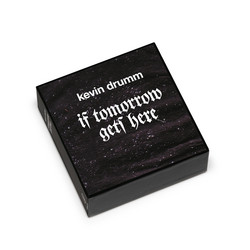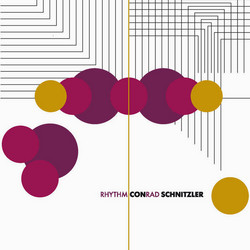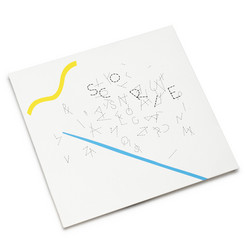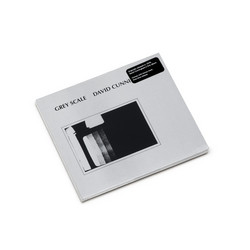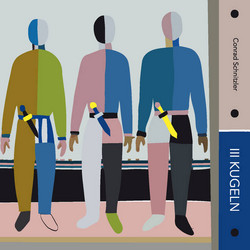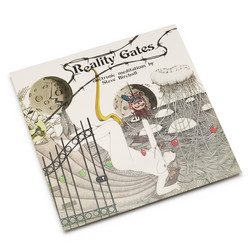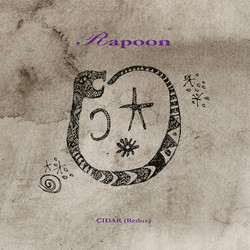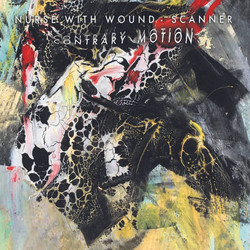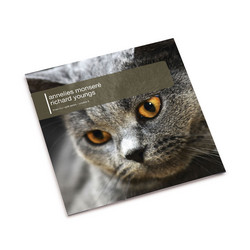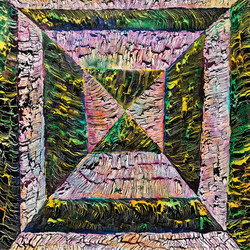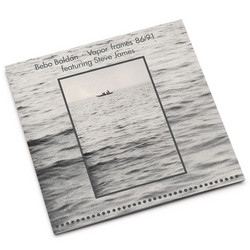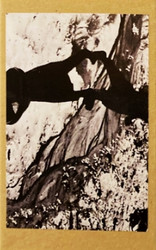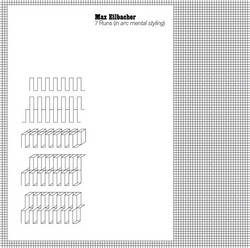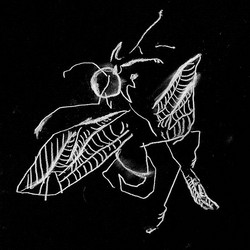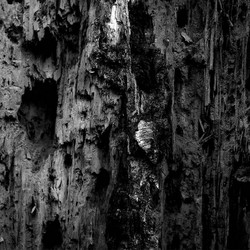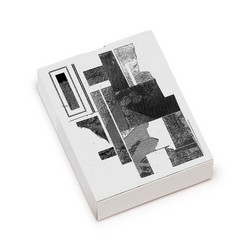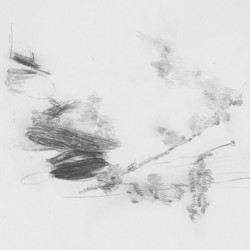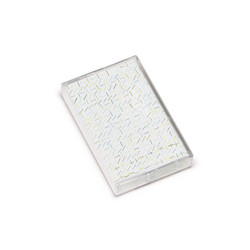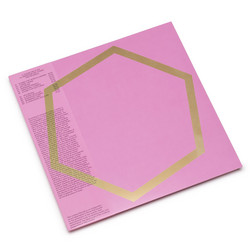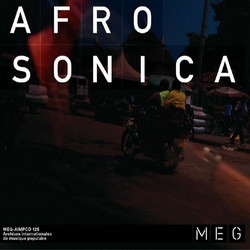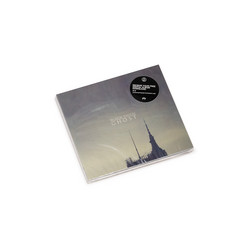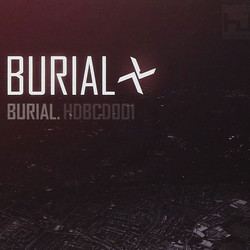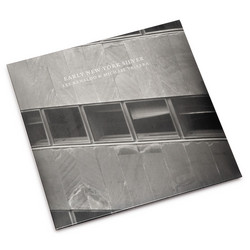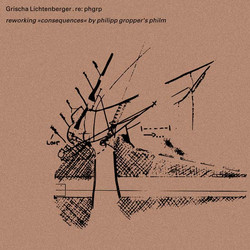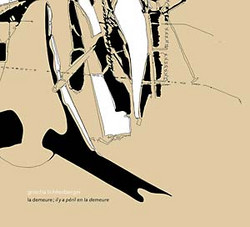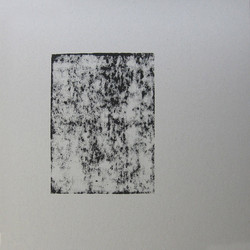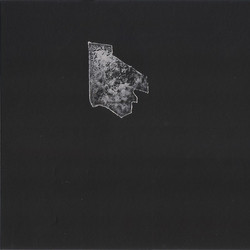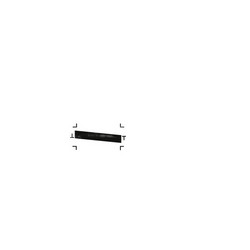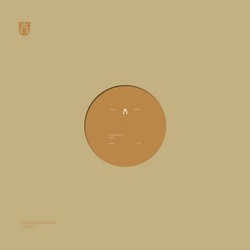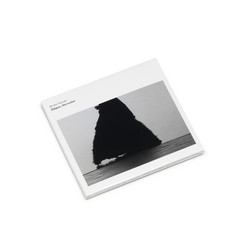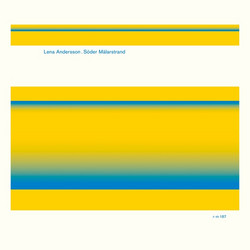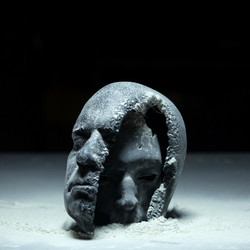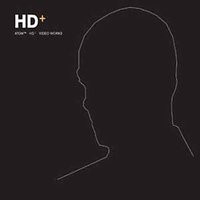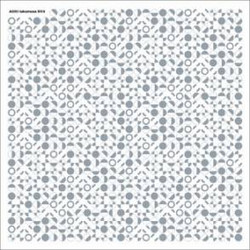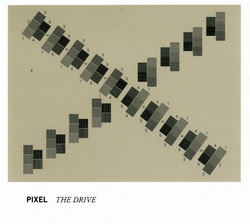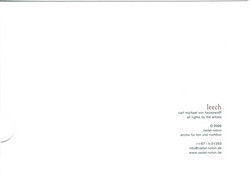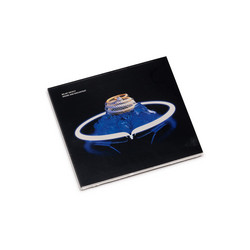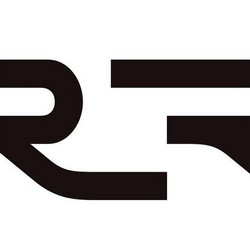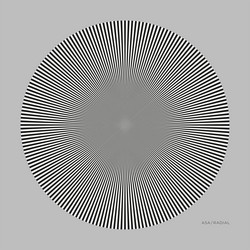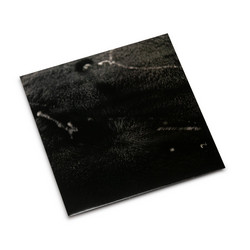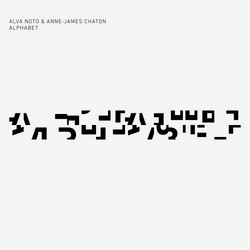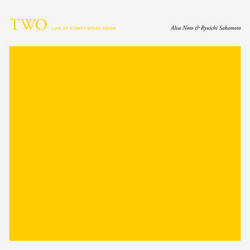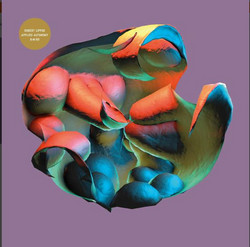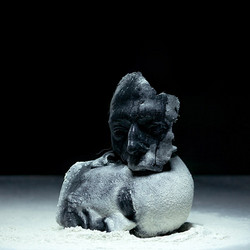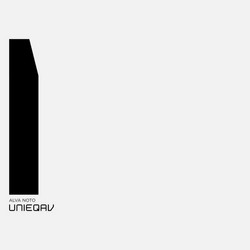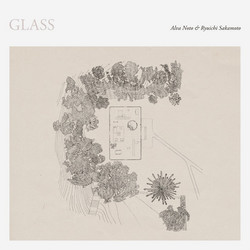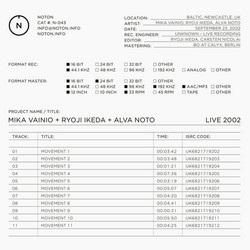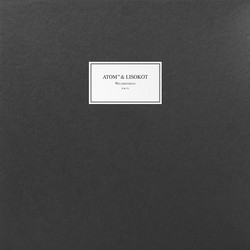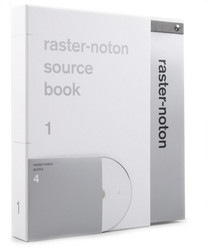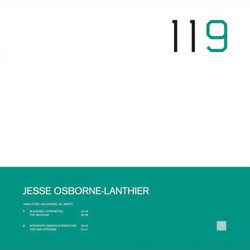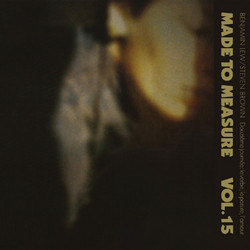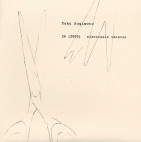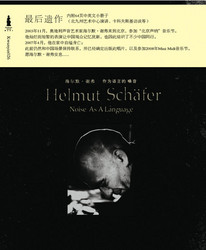Grischa Lichtenberger
Die Wiederholung der Geschichte der amerikanischen Heimatlosigkeit
Originally released in 2005 on his brother's online label Tokyo Trauma, »Die Wiederholung der Geschichte der amerikanischen Heimatlosigkeit« is Grischa Lichtenberger's debut release, predating his involvement with raster. Anticipating and framing his later works, the visceral sound palette, ranging between harsh digital noise and compelling analogue roughness, is put to play in a very unconcerned and uncompromising way on this release, in harmony with an idiosyncratic beat science and an organic, natural feel of song structure and melodies. The influence of independent rock music of the 90s as well as an artistic experimental approach center this record, as his brother David Lichtenberger put it in his description of the record: "Very arty stuff, but first of all characterized by an incredibly direct and heavy sound oscillating between punching beats and digital harsh noise making your ears bleed and you (me at least) scream for more."
Conceptionally, »Die Wiederholung der Geschichte der amerikanischen Heimatlosigkeit« (the repetition of the history of American rootlessness) parallelizes the history of European and American relations with the dialectics between digital and analogue technologies. Experimental methods of electronic music are put in a metaphoric relation with a historical topic, like in »Durchquerung 3« scrubbing a wave form of an audio file that is put in a relation to the crossing of the Death Valley by early American settlers. Using the compressor as an expressionistic tool of composition, overshooting the 0db barrier creating noisy artefacts, time stretching, collaging all work as tools for regenerating material, create a relation to an acoustical subconsciousness of recorded sounds (similar to the optical unconsciousness of slow motion and montage that Walter Benjamin described in his first analyses of cinema in the 1920s).
